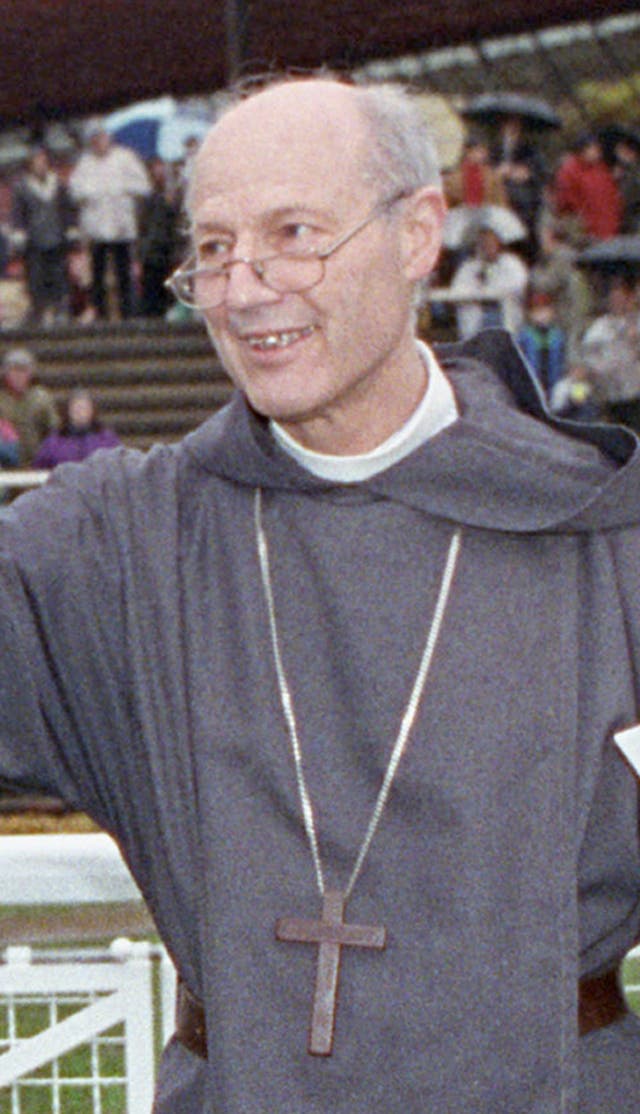Disgraced bishop Peter Ball dies aged 87
Ball was jailed in 2015 for sexually abusing 18 young men over three decades.

Peter Ball, the disgraced bishop who was jailed for sexually abusing young men, has died at the age of 87.
Ball was jailed in 2015 for sexually abusing 18 young men over three decades, but this was 20 years after allegations against him had been largely downplayed or overlooked by the church.
Bishop Peter Hancock, the Church of England’s lead safeguarding bishop, said: “We have been made aware of the death of Peter Ball and our prayers and thoughts are with everyone affected by this news.”
Church leaders are expected to make contact with Ball’s survivors and the Church will be offering support to his family as with anyone who is bereaved in the Church.
Ball, of Langport in Somerset, was Bishop of Lewes between 1977 and 1992 and Bishop of Gloucester from 1992 until he resigned the following year.

Ball’s twin brother Michael was Bishop of Truro from 1990 to 1997.
Ball, who was a self-styled confidant to the Prince of Wales, was an example of how a senior member of the Anglican church “was able to sexually abuse vulnerable teenagers and young men for decades” while victims were largely ignored, according to a report by the Independent Inquiry into Child Sexual Abuse (IICSA) earlier this year.
In its scathing findings, the IICSA accused the Church of England of “putting its own reputation above the needs of victims” and offering secrecy and protection for abusers that allowed them to “hide in plain sight”.
The IICSA said that “clericalism and tribalism” pervaded the church, affording offenders protection and resulting in an abuse of power.
On the prince’s role, the report said: “The actions of the Prince of Wales – in speaking about Ball with the (then) Archbishop of Canterbury (Lord Carey) and a member of Lambeth Palace, and the Duchy of Cornwall buying a property to rent to Ball and his brother, were misguided.
“His actions, and those of his staff, could have been interpreted as expressions of support for Peter Ball and, given the Prince of Wales’s future role within the Church of England, had the potential to influence the actions of the Church.”
Charles, who will be supreme governor of the Church of England when he becomes king, told the inquiry in a written statement that he “at no stage (sought) to influence the outcome” of any police investigation into Ball.
A spokesman for Charles had said it “remains a matter of deep regret” that the Prince of Wales and others were “deceived” by the clergyman.





